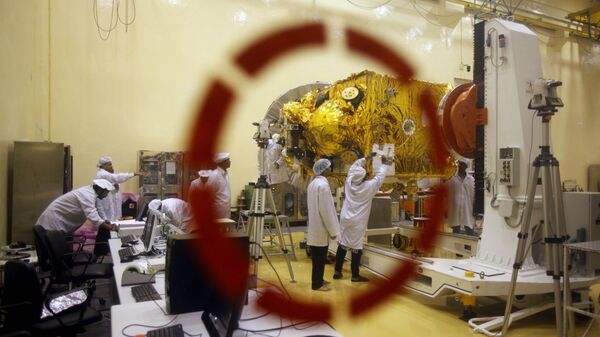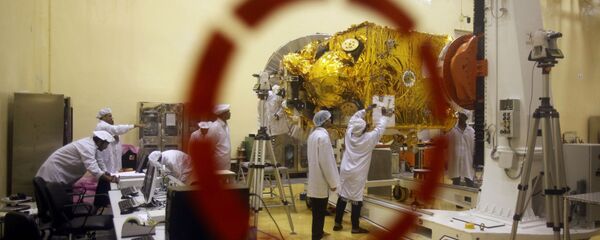It is part of the larger efforts of the Indian agency to augment capabilities and tap the growing commercial market for space-based surveillance and communication. The move obviously comes in the backdrop of ISRO launching a record 104 satellites in a single rocket.
So far, ISRO's local vendors have been involved in a limited manner supplying components and systems for launches. But, in future, they will become part of the ISRO's process through the assembly and testing of integrated packages and modules, say local media sources.
For this, ISRO will ramp up the level of engagement up by transferring technology and hand-holding to shortlisted companies to take over manufacture of integral packages such as space-related hardware, including rocket engine and stages, propellant tanks, spacecraft structures, solar panels, thermal control systems and electronic packages required for satellites and launch vehicles.
"While it's been going on for some time, ISRO expanding its engagement and awarding sub-contracts to Indian private sector players is an encouraging development. The most significant part is that catering to ISRO's demands will drive technological innovation, entrepreneurship, and lead to new avenues of job creation. All major countries like the US, Russia and others have gone a similar phase where public-private sector partnership creates an ecosystem driving entrepreneurship and job growth. Many of the technologies and experience in assembling will be used in other spheres and applied in product creation and differentiation," Vahia told Sputnik.
Although Vahia agrees the capabilities of Indian private sector in meeting the demands of the ISRO is "uneven" at present, it can be overcome as the level of engagement increases.




